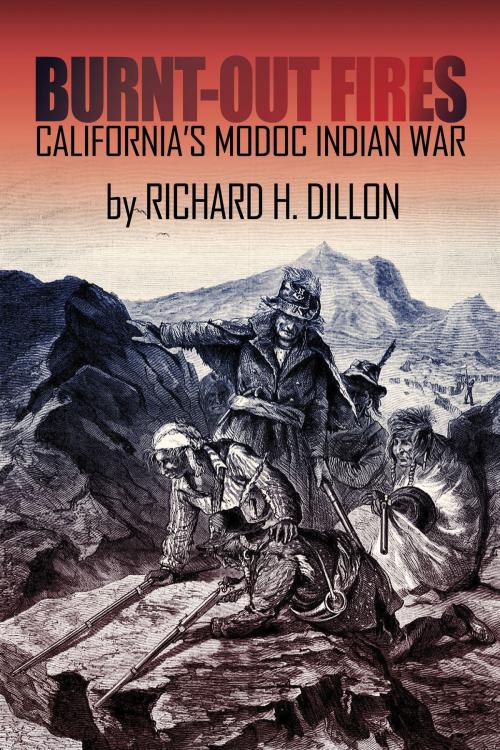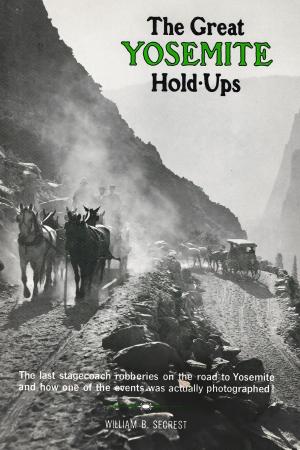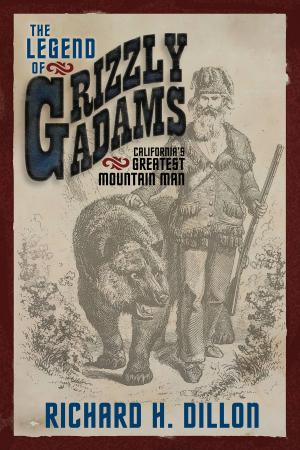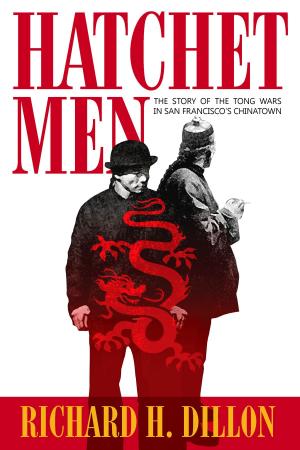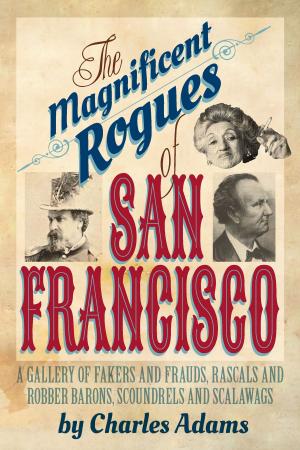Burnt-Out Fires
California’s Modoc Indian War
Nonfiction, History, Americas, United States, State & Local, North America, Native American| Author: | Richard Dillon | ISBN: | 9781618090355 |
| Publisher: | The Write Thought | Publication: | May 22, 2012 |
| Imprint: | Language: | English |
| Author: | Richard Dillon |
| ISBN: | 9781618090355 |
| Publisher: | The Write Thought |
| Publication: | May 22, 2012 |
| Imprint: | |
| Language: | English |
Burnt-Out Fires deals with a very dark period of American history, a period that, until recently, had been purposefully forgotten ... a period that hopefully will cause a re-evaluation of the American ideals and dreams.
Everyone pointed to the Modocs as “model Indians.” Living on the Oregon-California border, they had assimilated the American culture more than any other Indian tribe. They had accepted the white man’s way, dressing in cowboy clothes and working as farm hands.
The frontier was quiet…until the white culture that the Modocs had adopted asked them to sign an unjust treaty taking away their tribal lands.
Not wanting to fight, the Modocs were forced into a corner by trying, in vain, to work out a peaceful settlement. Out of desperation, they fought.
Burnt-Out Fires, by Richard Dillon, chronicles the causes and the results of the Modoc War, one of the most tragic and unnecessary campaigns ever fought against American Indians.
Dillon, through expert commentary and extensive research, brings to life the hopeless struggle of the Modoc chief, Captain Jack, to retain his high standing within the tribe while countering with peaceful means the force gradually mounting against him in the white world.
The author, without moralizing, goes on to enumerate the bruising inefficiencies of the Indian Agencies and the classical unyielding stance adopted by the United States Army concerning Indian affairs. The result of these is understandings, spiced with ambition and the need to make this conflict an “example” to all Indians, led to the tragic Modoc War; the final act was genocide of the Modocs.
After reading Burnt-Out Fires, one realizes that, viewing the forces at work at that time, the war was inevitable…anything different was an impossibility.
Burnt-Out Fires deals with a very dark period of American history, a period that, until recently, had been purposefully forgotten ... a period that hopefully will cause a re-evaluation of the American ideals and dreams.
Everyone pointed to the Modocs as “model Indians.” Living on the Oregon-California border, they had assimilated the American culture more than any other Indian tribe. They had accepted the white man’s way, dressing in cowboy clothes and working as farm hands.
The frontier was quiet…until the white culture that the Modocs had adopted asked them to sign an unjust treaty taking away their tribal lands.
Not wanting to fight, the Modocs were forced into a corner by trying, in vain, to work out a peaceful settlement. Out of desperation, they fought.
Burnt-Out Fires, by Richard Dillon, chronicles the causes and the results of the Modoc War, one of the most tragic and unnecessary campaigns ever fought against American Indians.
Dillon, through expert commentary and extensive research, brings to life the hopeless struggle of the Modoc chief, Captain Jack, to retain his high standing within the tribe while countering with peaceful means the force gradually mounting against him in the white world.
The author, without moralizing, goes on to enumerate the bruising inefficiencies of the Indian Agencies and the classical unyielding stance adopted by the United States Army concerning Indian affairs. The result of these is understandings, spiced with ambition and the need to make this conflict an “example” to all Indians, led to the tragic Modoc War; the final act was genocide of the Modocs.
After reading Burnt-Out Fires, one realizes that, viewing the forces at work at that time, the war was inevitable…anything different was an impossibility.
